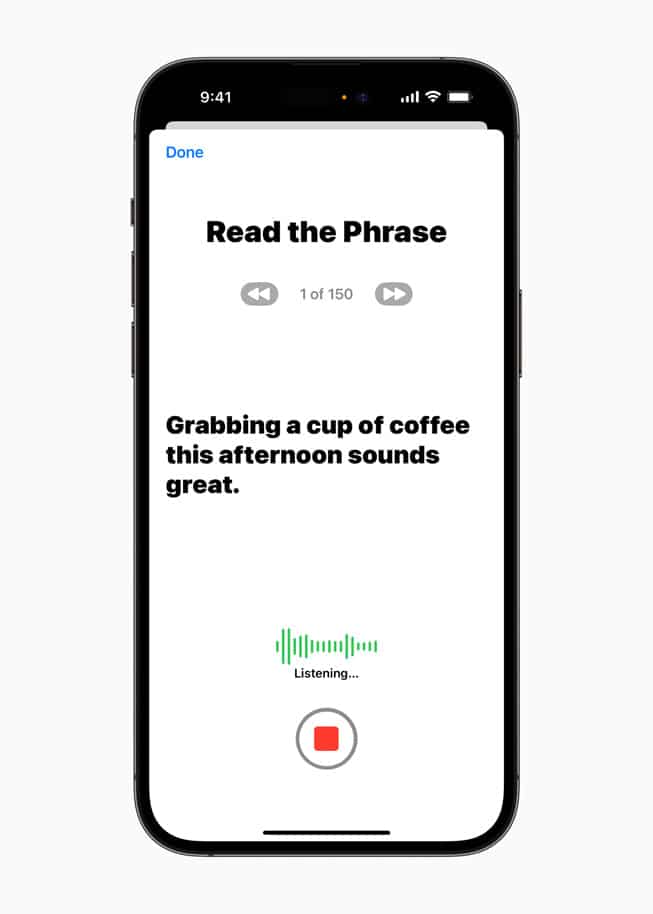Apps, in the almost twelve years they have been around, have lent themselves to thousands of uses.
Apps have simplified life in so many ways for both individuals and businesses. For businesses, this has meant that time and money can be saved by streamlining processes by using apps. These applications keep them ahead of the competition.
Here are the top three areas where apps can help streamline businesses in 2020.
Communication
Internal communication is the backbone of any business, no matter its size. In the 1980s, it was fax machines and printed pages. By the 2000s, it was email and instant messaging.
Now, 2020 holds a wide array of platforms and apps for communication. Apps like Slack or Skype that integrate the communication methods of social media with file-sharing platforms provide the most straightforward way for things to be shared, no matter the size or span of a company. With businesses needing to send and work with an expanding set of file types, integration is necessary for the future of companies.
On top of this, apps that share employees’ views on contracts and agreements with management make the tasks of HR departments much more manageable. Apps like the CiVS enterprise agreement online voting system record votes of employees. This modernizes outdated ballot systems and brings management closer to their employees.
Organization
Companies today are becoming more mobile, with more employees working from home than ever before. Technologies that help people communicate from wherever they may be working ensures projects can be completed even when colleagues are in different countries. Countless email threads and messages can become unwieldy, and tasks and deadlines get lost in the flurry. Instead, new apps allow for the recording of tasks and to-do lists, set reminders, and send notifications. This reduces the number of emails that get lost in inboxes.
Even with the setting of tasks and reminders, productivity can still suffer if it is not managed correctly. Apps like RescueTime and My Minutes monitor staff activity. Bosses and managers can then review this activity later. With the ability to track possible inefficiencies, businesses can prioritize specific problems that need to be addressed and save money in the process.
Finance
According to a survey by Clutch conducted in 2018, a quarter of businesses still record their finances on paper. During a time when electronic card payments are surpassing cash and online banking is ubiquitous, financial apps have paved the way for businesses. Not only can companies keep better records and view financial statements and transactions, but tax and payroll complexities are simplified.
Integrating every aspect of a business’s finances, apps like Gusto and QuickBooks allow companies to organize payments, income, tax, and receipts through a single system. Having these different processes standardized and presented in a simple format means businesses can focus more on creativity and growth rather than finances and banking.
Conclusion
During a time when developers are working to create the most innovative and functional apps, businesses are in a perfect position to utilize them as cost-effective tools for improving their efficiency. There are hundreds out there targeted at different industries and job roles.
Recruitment professionals can use LinkedIn and other job-seeking apps to contact and recruit people in their fields without needing to conduct face-to-face interviews. Employees can benefit from productivity apps like Trello to help them stay on course. Marketing professionals have access to software applications like Hootsuite in order to manage several social media campaigns at once.
While apps have been around for a while, it’s fair to say that their prime is now. As of 2017, the average smartphone owner used 30 apps each month. Over three years later, this number is now likely to be higher. For 2020, consider using your smartphone to download business-streamlining apps to improve your productivity, recruitment processes, and finances.






